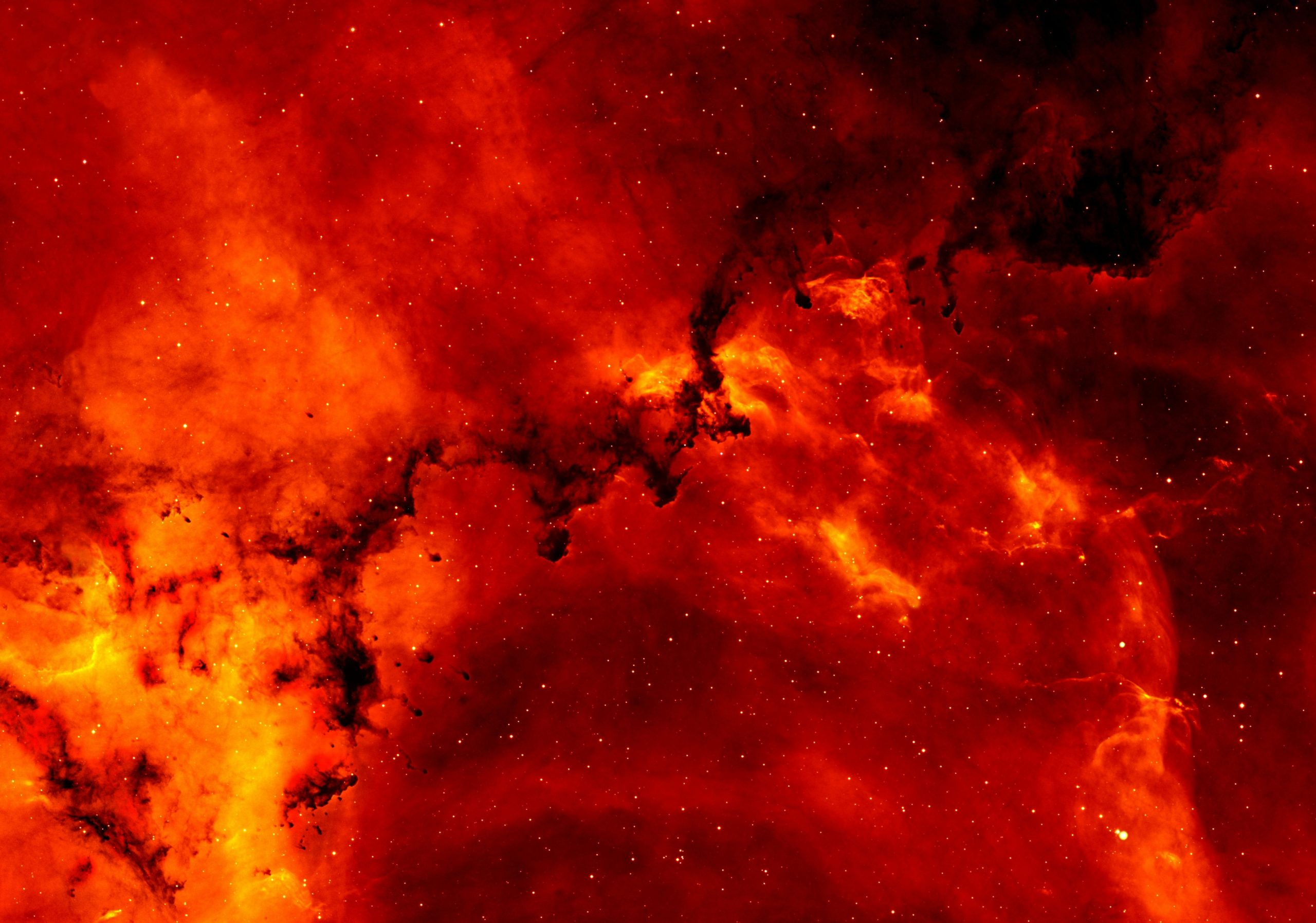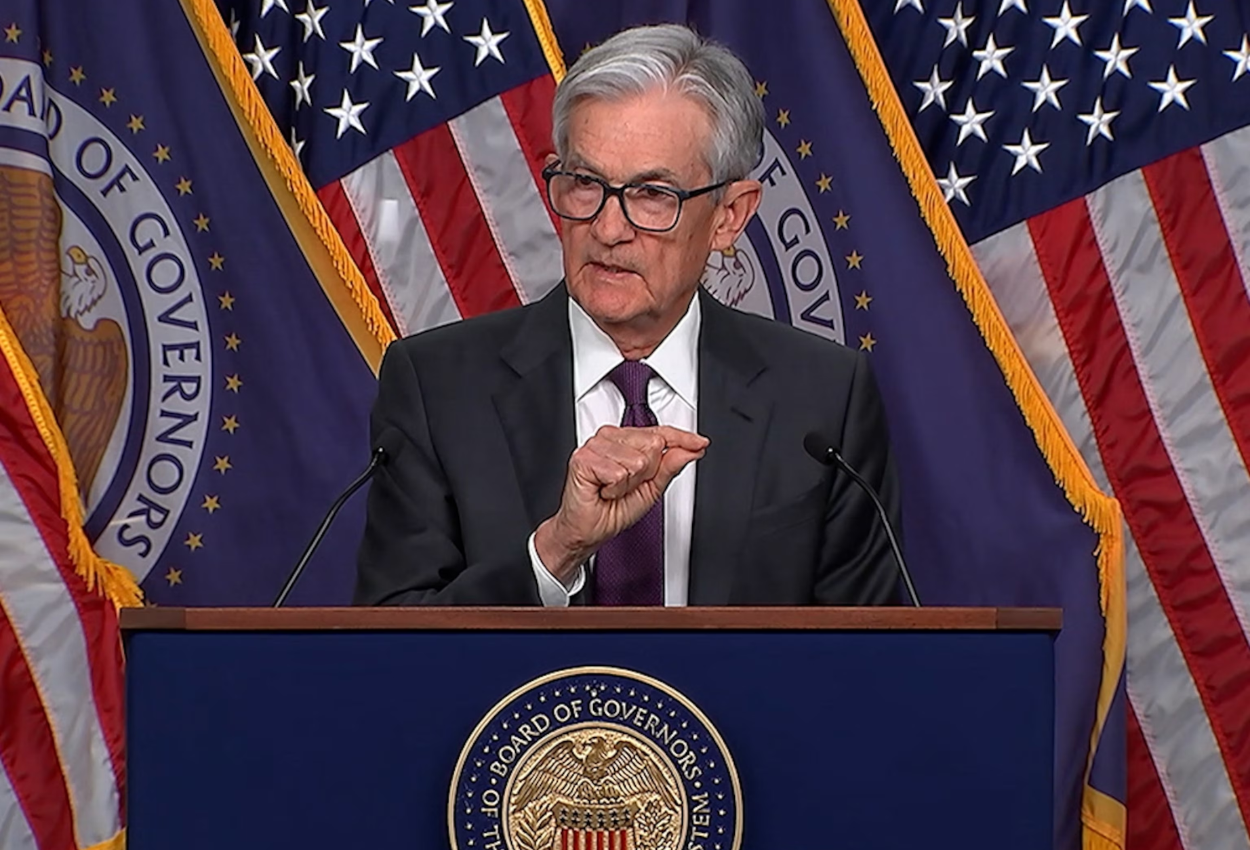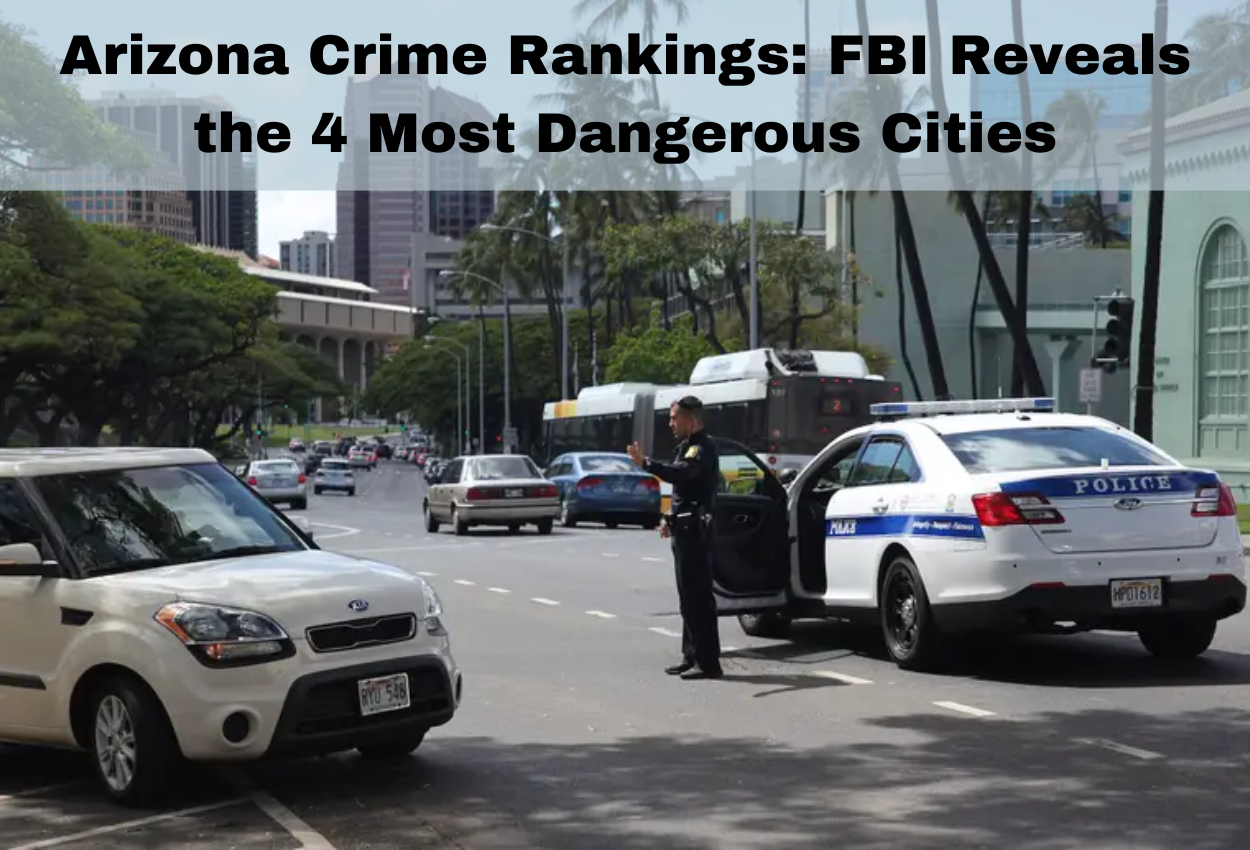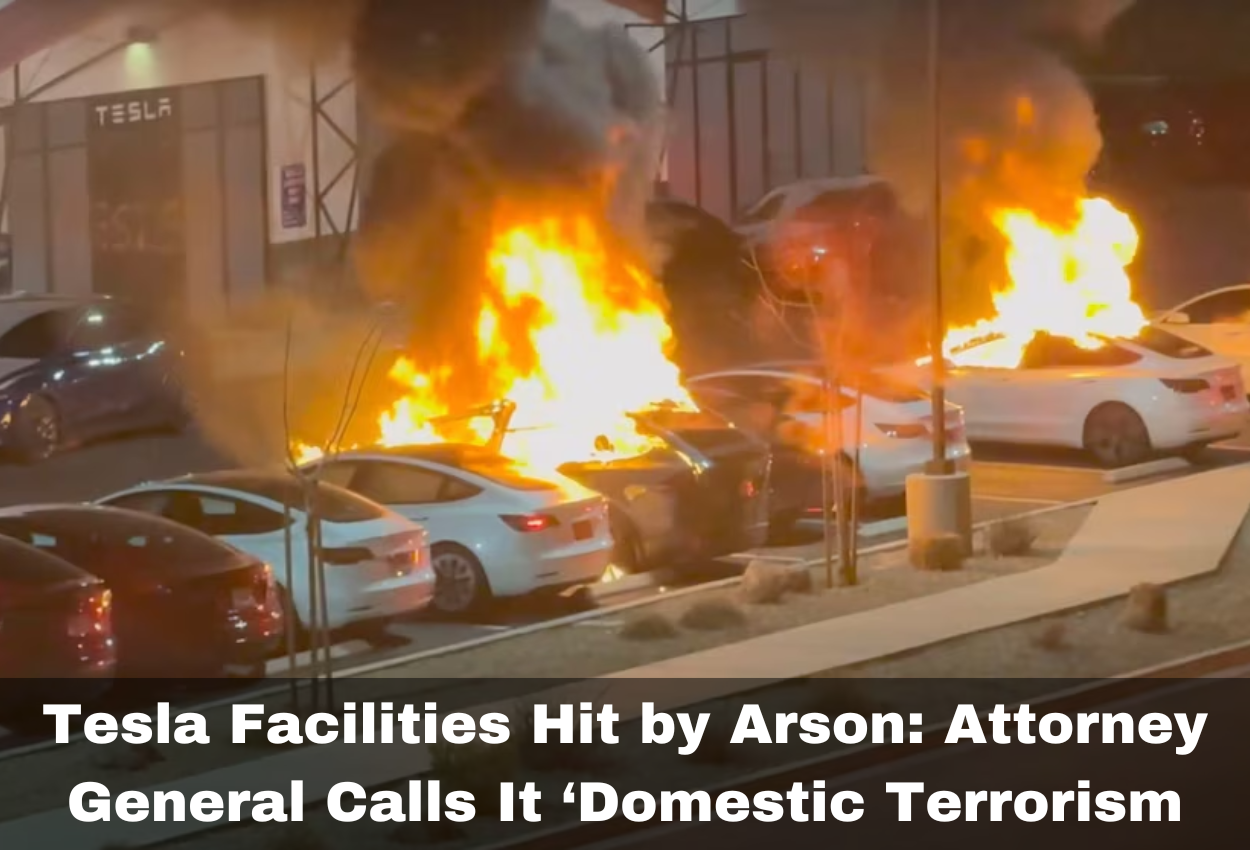The recent wildfires that ravaged Los Angeles, including the high-profile areas like Pacific Palisades, are making waves not just for their devastation but also for the political fallout. As these fires exposed California’s leadership weaknesses, historian Victor Davis Hanson predicts they could lead to a shift in the state’s political landscape. He argues that the state’s handling of the disaster may prompt a political ‘reawakening’ that could affect decisions in California and beyond.
Wildfires and Their Impact on the Wealthy
For the first time, the wildfires have severely affected some of California’s wealthiest areas, hitting hard in neighborhoods that had long been sheltered from the full consequences of the state’s political choices. Areas like Pacific Palisades, home to many left-leaning, wealthy residents, were hit by the inferno, leaving many homeowners shocked by the scale of the destruction. This is a stark contrast to their usual experiences of simply voting for policies without seeing direct repercussions.
Historian Victor Davis Hanson points out that this shift is significant because these wealthy individuals, many of whom have been consistent supporters of liberal policies, are now personally experiencing the effects of those policies. The aftermath of the fire, which is expected to cost billions in damage, could motivate this group to reconsider their political views, especially as they navigate the bureaucratic red tape involved in rebuilding. The frustration over delays in permits and rebuilding efforts might push them toward questioning the effectiveness of California’s government, and they could become a force in bringing about political change.
Leadership Failures and Public Criticism
The response to the wildfires has been widely criticized. Many Californians were left frustrated by the state’s slow response, including Los Angeles Mayor Karen Bass, who was notably absent during the first 24 hours of the crisis. Meanwhile, logistical issues, like malfunctioning water reservoirs and defunded fire departments, added to the chaos. Public criticism, including from high-profile individuals like filmmaker Mel Gibson and actor Michael Rapaport, has focused on what many see as a failure of leadership. The lack of preparation and the slow response time have only fueled anger among the residents, particularly those whose homes were destroyed.
Governor Gavin Newsom, facing mounting backlash, took action by signing an executive order to speed up the rebuilding process. While this was seen as a necessary step, historians and critics question why such measures were not put in place sooner. Many argue that the state’s previous approach to disaster preparedness, including its handling of fire prevention and emergency responses, needs to be reevaluated.
California’s ‘Exodus’ Continues
The wildfire disaster also comes at a time when California is experiencing what many have called a “California exodus.” This refers to the growing number of people leaving the state, especially for more business-friendly areas like Texas, Florida, and North Carolina. High taxes, unaffordable housing, and strict business regulations are driving people out in large numbers. In fact, the state lost over 240,000 residents between 2023 and 2024, according to U.S. Census data.
The state’s loss of residents has also affected large corporations, with companies like Tesla, Oracle, and Chevron relocating to states that offer a more favorable business environment. Many of those leaving are frustrated with California’s high costs, crime, and its complicated business regulations, especially after experiencing the devastating effects of the recent wildfires.
Potential Political Shift
Hanson believes that if the Republican Party can capitalize on the growing discontent among Californians, especially those from wealthier areas who are now questioning their political alignments, it could lead to a significant political shift in the state. However, he notes that the Republican Party is still unsure of how to approach this opportunity. It remains to be seen whether they will shift toward the left to accommodate these new voters or move further right to galvanize those already disillusioned with the current leadership.
Conclusion
The Los Angeles wildfires have laid bare the weaknesses in California’s leadership and infrastructure. As the state struggles to recover from the destruction, there is growing frustration among residents, particularly among the wealthy who are now feeling the consequences of their political choices. Whether this leads to lasting political change in the state remains to be seen, but the aftermath of the wildfires could play a crucial role in shaping California’s political future.
(Source : foxnews.com)




